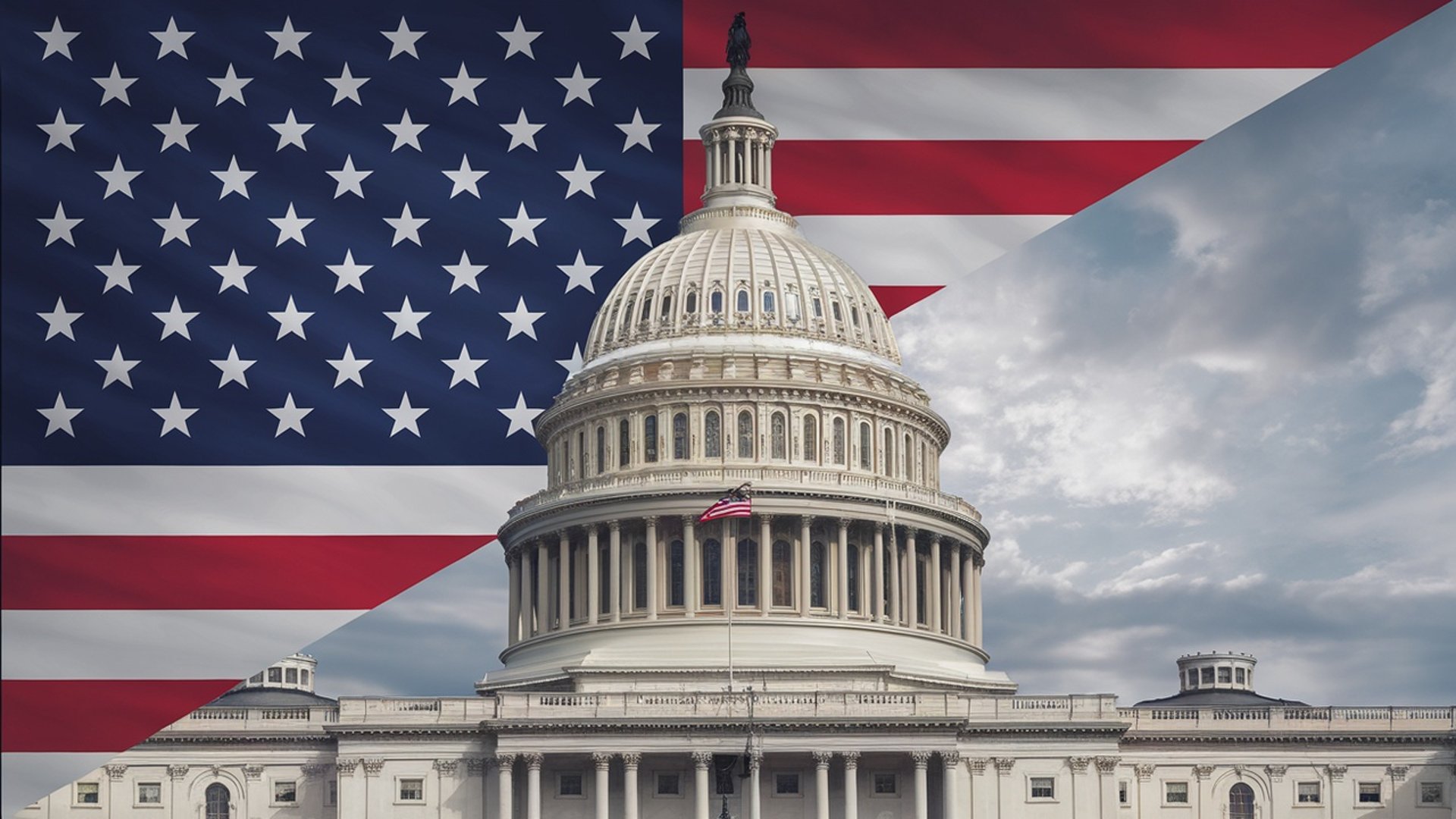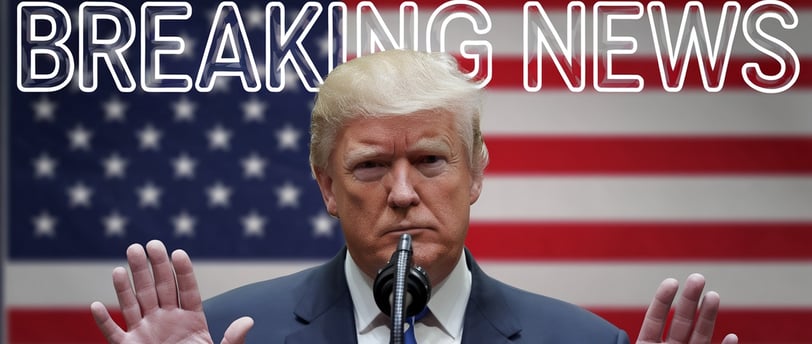
As of December 28, 2024: Key Political Developments in the United States
As the final days of 2024 unfold, the political landscape in the United States reflects a mix of stability, change, and ongoing debates. From government funding breakthroughs to controversial policy decisions, here’s an in-depth look at the most significant political stories shaping the nation today.
NEWSTRENDING HOME
12/28/20244 min read


Government Funding Secured: A Bipartisan Success Story
The U.S. Senate has passed a government funding bill, averting what could have been a disruptive federal shutdown. This accomplishment underscores the importance of bipartisan collaboration in a time of heightened political division. The funding bill ensures that federal agencies will continue to operate seamlessly into the new year, safeguarding vital public services and the livelihoods of countless government employees.
Background and Importance
Government funding debates are often fraught with partisan wrangling, making this successful negotiation a notable achievement. By avoiding a shutdown, lawmakers have provided stability for a range of sectors, including defense, education, healthcare, and infrastructure development. Historically, government shutdowns have had far-reaching consequences, affecting not only federal employees but also the broader economy. For instance, the 35-day shutdown in 2018–2019, the longest in U.S. history, resulted in billions of dollars in economic losses and disrupted services nationwide.
This latest funding bill is being hailed as a testament to the power of compromise, showcasing that even in a divided political climate, progress is possible. Key provisions of the bill include increased allocations for renewable energy initiatives, expanded healthcare access, and enhanced cybersecurity measures to safeguard critical infrastructure.
The Broader Implications
While the agreement reflects a rare moment of unity, it also raises questions about the long-term fiscal strategy of the U.S. government. The national debt has exceeded $33 trillion, prompting calls for more sustainable fiscal policies. Critics argue that while short-term funding is essential, it’s equally important to address structural issues such as entitlement reform, tax policy, and spending inefficiencies.
In the months ahead, debates over the next fiscal year’s budget are likely to intensify. Topics such as defense spending, climate action, and healthcare reform will remain at the forefront of legislative discussions, shaping the trajectory of federal policy.


Key Appointments: A Blend of Business and Governance
President-elect Donald Trump has unveiled a slate of appointments that are drawing attention and, in some cases, controversy. Among the most notable are the selection of David Fink as the administrator of the Federal Railroad Administration and billionaire Tilman J. Fertitta as ambassador to Italy.
David Fink and the Federal Railroad Administration
David Fink’s appointment to the Federal Railroad Administration has sparked discussions about the future of U.S. transportation policy. Known for his expertise in logistics and infrastructure, Fink is expected to prioritize modernization and safety improvements in the nation’s rail systems.
The Federal Railroad Administration oversees critical aspects of the U.S. rail network, which is a vital component of the country’s economy. From freight transport to commuter rail systems, the agency plays a key role in ensuring efficiency, safety, and sustainability. Fink’s supporters highlight his track record of driving innovation in the private sector, pointing to his efforts to streamline operations and implement cutting-edge technologies.
However, critics question whether his industry ties might influence regulatory decisions. Advocacy groups are calling for greater transparency to ensure that the agency’s actions align with public interest rather than corporate priorities.
Tilman J. Fertitta: Diplomatic Aspirations
Tilman J. Fertitta, a billionaire entrepreneur with a background in hospitality and entertainment, has been named ambassador to Italy. While Fertitta’s business acumen is widely recognized, his lack of traditional diplomatic experience has raised eyebrows.
Supporters argue that Fertitta’s global business perspective could bring fresh insights to U.S.-Italy relations, particularly in areas such as trade, tourism, and cultural exchange. Critics, however, worry that his appointment reflects a broader trend of prioritizing personal connections and political loyalty over expertise in diplomacy.
Broader Implications of These Appointments
The appointments highlight a recurring theme in Trump’s political approach: leveraging business expertise to drive governance. While this strategy has its proponents, it also raises questions about the balance between public service and private interests. As these appointees assume their roles, their performance will be closely monitored, shaping public perceptions of the administration’s effectiveness.


As the United States approaches 2025, these political developments underscore the dynamic nature of governance in a deeply polarized environment. From securing government funding to reshaping Social Security and appointing key figures, the nation’s leaders are grappling with decisions that will have lasting implications. The coming months will reveal how these choices resonate with the American public and shape the country’s trajectory in the years ahead.
The themes of collaboration, reform, and scrutiny are likely to dominate the political discourse in 2025. As these stories continue to evolve, they will serve as a litmus test for the effectiveness of American governance in addressing complex and interconnected challenges. For citizens, staying informed and engaged remains more crucial than ever, as these decisions will shape the nation’s future for years to come.
